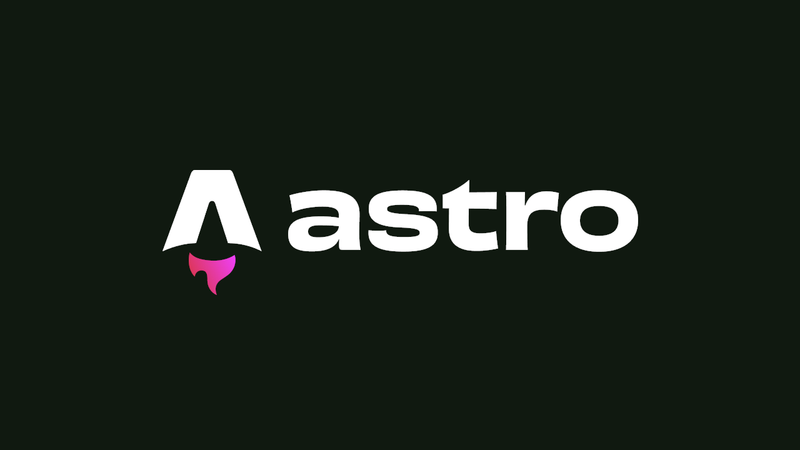
Why I Ditched WordPress for Astro.js
I needed to create a website.
A simple marketing site. These were the requirements:
- High customization
- SEO friendliness
- i18n support for at least three languages
Considering WordPress
Naturally, I had to think about using WordPress, the market leader powering around 45% of websites. However, I quickly discovered several significant drawbacks:
- Plugin overload
- Security vulnerabilities
- Sluggish performance
- Inadequate i18n support
Moreover, I wasn’t familiar with the WordPress environment for a code first approach and found it limiting in terms of creative customization.
Struggles with No-Code WordPress Solutions
Despite attempting to use Gutenberg blocks (the official WordPress site builder) for a no-code approach, I found it far from meeting my needs. The lack of creative customization made the whole experience feel inefficient. The other approach would have been Elementor (the biggest no-code site builder plugin). But the constant need for plugins Would have bloated the codebase, slowed down the site, and introduced maintenance nightmares, including security vulnerabilities and database clutter.
I still remember stories of people waking up to see their WordPress site hacked and replaced with something sketchy. Or hosting companies contacted by police about illegal content hosted on hacked websites. I wanted to avoid that at all costs.
I wanted to try a no-code WordPress approach just so I didn’t have to spend six months learning a completely new environment. If I were to invest time in PHP, I would learn something more useful to me than WordPress, maybe Yii or Laravel.
Most people use WP as a no-code tool anyway.
Exploring JavaScript Frameworks
As my frustration with WordPress grew, I explored some JavaScript frameworks like Next.js and React. However, they seemed overkill for my requirements. I needed a solution that offered the right balance of simplicity, speed, and customization without unnecessary complexities.
Discovering Astro.js
My turning point came during an online meetup event about Angular development. Among the presentations was a casual yet insightful introduction to
. This new framework caught my attention. It promised the creation of static websites without the need for a backend. This meant lightning-fast performance, sky high SEO scores and practically free hosting.
The ability to integrate other frameworks like React, Angular, Vue, and Svelte was an unexpected bonus.
The Benefits of Astro.js
The pivotal moment was realizing that Astro.js not only met but exceeded my expectations. It offered built-in i18n support and image optimization. It achieved consistently high Lighthouse scores across all categories.
I felt thrilled by the discovery. Finally a framework that enabled me to build a fast, optimized, and highly customizable website without the drawbacks I had faced with WordPress. Without the complicated infrastructure I would have had to build up with Next.js.
This was a significant realization. It meant I could create the website I envisioned without compromising on the requirements. The stakes were high as I wanted to avoid the risk of having my site hacked or underperforming, which could hurt my reputation and user experience.
Implementing Astro.js
I began implementing Astro.js for my project, appreciating its simplicity and efficiency. The learning curve was as advertised, smooth, at least for a seasoned JavaScript developer. And the framework’s features allowed me to achieve my goals without too much time investment.
Additionally, Astro.js’s flexibility to incorporate other frameworks ensured that I could leverage the best tools for specific tasks, enhancing the overall functionality and user experience of my site.
In particular, using Svelte alongside Astro.js seemed to be the perfect combo. Both offer out-of-this-world performance: Astro.js for static site generation and Svelte for client-side hydration.
Conclusion
If you struggle with WordPress or other frameworks that have become bloated and offer a poor developer experience, especially if they are geared towards no-code users, I suggest giving Astro.js a try.
If you struggle with building a time-consuming, too large for the project infrastructure with Next.js or similar frameworks, I also suggest giving Astro.js a try.
It’s fast, it’s simple to learn, and it might just be the solution you’ve been looking for.
Ready to get started?
I'd love to hear about your project. Let's chat!